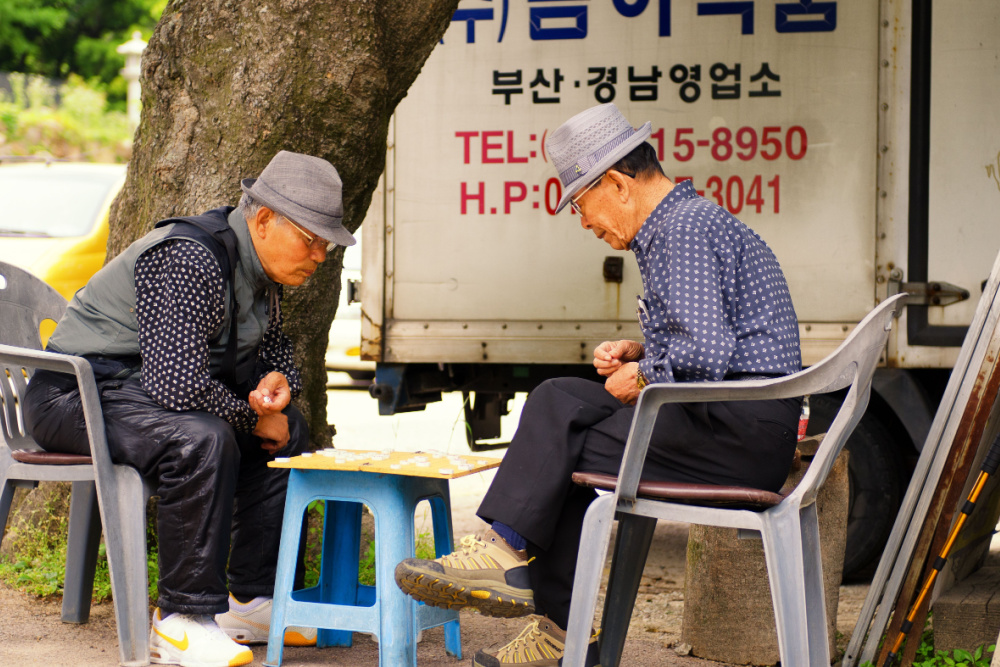Close to two million individuals in Korea are formally choosing dignity over longevity, data reveals.
The robust uptake of the “Death with Dignity Law” of February 2018 signifies a societal shift towards acknowledging individual choice in end-of-life decisions.
What is the Death with Dignity Act
The Life-Sustaining Treatment Decision-Making Act (also known as Death with Dignity Act), passed in South Korea in 2018, marks a significant advancement in end-of-life care and patients’ rights. This legislation empowers individuals to make informed decisions about their healthcare, specifically regarding the continuation or cessation of life-sustaining treatment in terminal conditions.
Key Provisions:
- Patient Autonomy: The act prioritises the patient’s wishes, ensuring their autonomy in making decisions about their end-of-life care.
- Advance Directives: Adults over 19 can create advance directives detailing their preferences regarding life-sustaining treatment in case they become terminally ill. This document can be amended or revoked at any time.
- Consultation and Consent: For discontinuation of life-sustaining treatment, several conditions must be met. These include the patient’s informed consent, family member confirmation, approval from the medical institution’s ethics committee, and agreement from the patient’s primary doctor and a specialist in the field.
A Glimpse at the Figures
Women represent the majority, 68 per cent, of those making this poignant decision. Men, although in the minority, are part of a growing trend, representing 32 per cent of registrations. A closer look at the progression shows the ascent from less than 100,000 in 2018 to an estimated two million by October 2023.
Freedom of Choice
Any adult over 19 in Korea can register an advance medical directive, outlining treatment preferences in terminal illness scenarios. This choice, reversible at any point, illustrates the flexibility and autonomy the act provides to individuals navigating their healthcare journey.
The Registration Process for the Death With Dignity Act
Registration requires submitting documents to the National Agency for Management of Life-Sustaining Treatment. This information is then shared across a government database accessible by hospitals and public health institutions. This transparency ensures alignment between individual choices and medical intervention, fostering trust in the system.
Conditions and Considerations
The act stipulates several conditions for halting life-sustaining treatment in terminally ill individuals. These include family confirmation, ethics committee approval, and agreement from the patient’s primary and specialist doctors. Such a multi-faceted approach underscores the commitment to respecting individual wishes while upholding medical ethics.
Defining Life-Extending Treatments
Four treatments are currently categorised as life-extending by the government: cardiopulmonary resuscitation, use of artificial respiration, hemodialysis, and administration of anti-cancer drugs. Subsequently, this categorisation aids in providing clarity and understanding to individuals and medical professionals alike.
Societal Shifts
Five and a half years since its inception, the “Death with Dignity Act” symbolises a societal pivot towards empowering individuals in their end-of-life choices. The rising numbers indicate a growing acceptance and awareness of the importance of autonomy in medical decisions, particularly in terminal care.
A Broader View
While this act is specific to Korea, it sheds light on the broader conversations around end-of-life care across Asia. The balance between medical advancement and individual dignity is a focal point. This sparked dialogue and reflection on healthcare practices and policies in the region.
Looking Ahead
Consequently, as the numbers continue to climb, discussions surrounding the act and its implications will likely intensify. The evolving landscape presents an opportunity for reflection on the value we place on dignity. Additionally, we have to consider the role of individual choice in the medical sphere, both in Korea and beyond.
Conclusion
The “Death with Dignity Act” in Korea marks a significant step in acknowledging and respecting individual autonomy in end-of-life decisions. As we observe the increasing number of registrations and the societal shifts accompanying them, it is pivotal to continue the dialogue on the delicate balance between extending the life and preserving dignity, particularly in the diverse and dynamic context of Asia.














